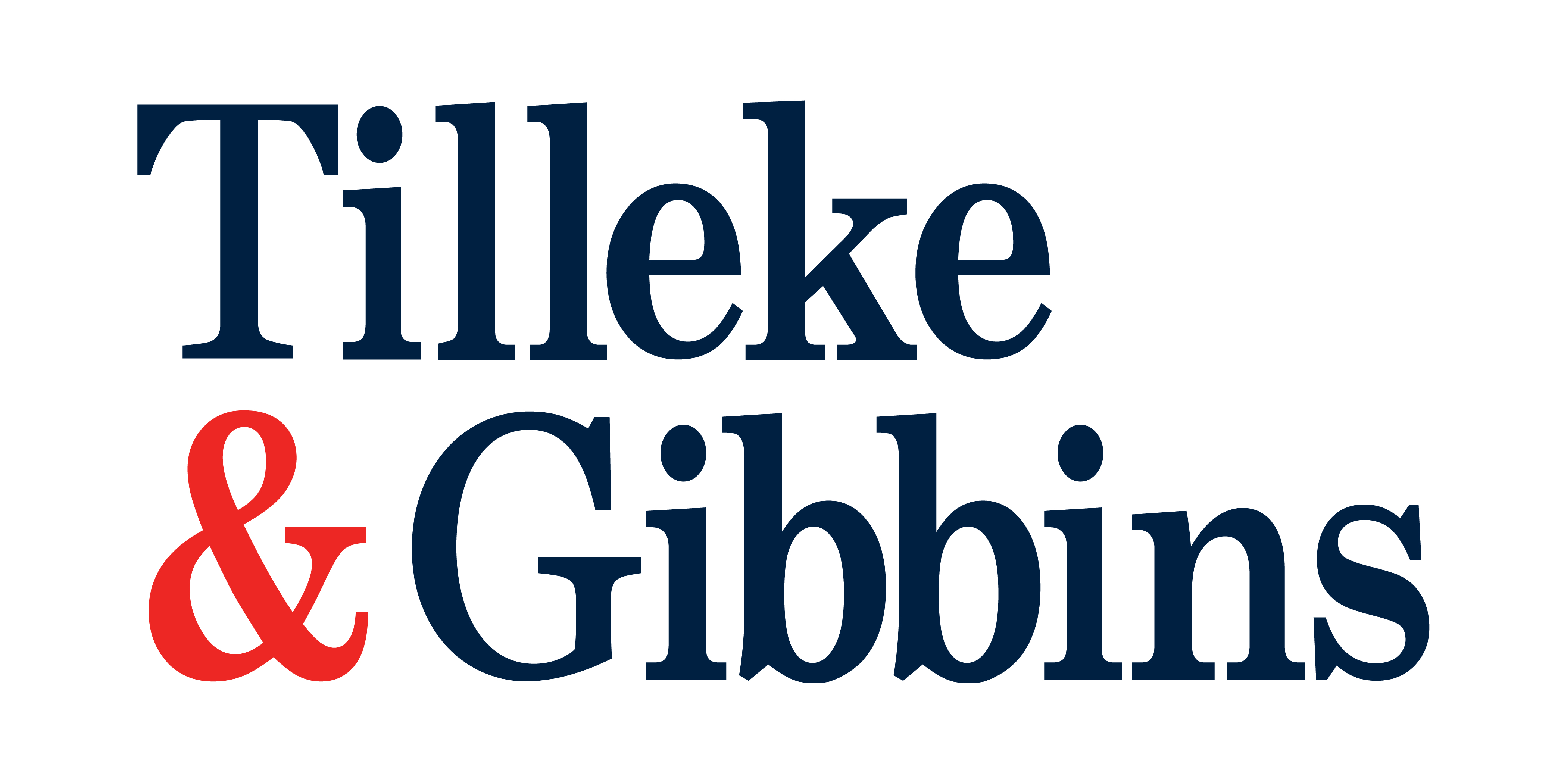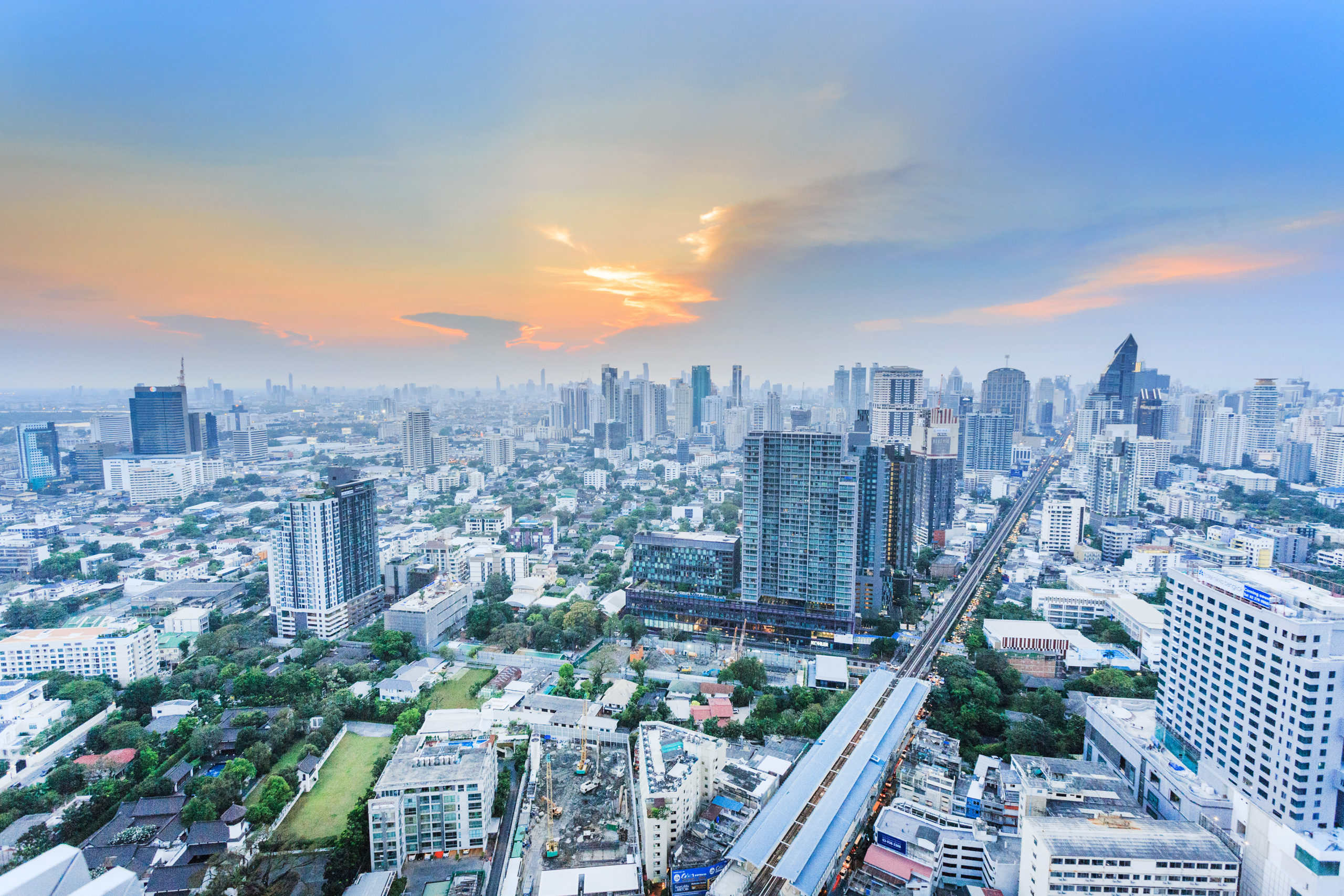On February 9, 2022, the Director-General of the Department of Mineral Fuels (DMF) stated that the DMF is planning to request that the Deputy Prime Minister and the Minister of Energy sign an invitation to open bids for Petroleum Exploration and Production Licenses in the Gulf of Thailand for the first time in 15 years.
The DMF’s Chief Department expects that this auction, which will cover three offshore areas, could increase Thailand’s petroleum reserves, and it could lead to the possible discovery of new sources of petroleum for Thailand, which would boost the country’s energy resources, and reduce losses from energy imports.
The plots in the Gulf of Thailand that will be auctioned in the 24th bid round are as follows:
- Plot No. G1/65 with a total area of 8,487 square kilometers. This area is divided into 2 sub-areas: Area A totaling 8,298.49 square kilometers, and Area B totaling 188.71 square kilometers;
- Plot G2/65 with a total area of 15,030 square kilometers; and
- Plot No. G3/65 with a total area of 11,646.67 square kilometers. This area is divided into 2 sub-areas: Area A totaling 11,028.22 square kilometers, and Area B totaling 618.45 square kilometers.
Generally, Thailand initiates its concession and production sharing contract process with the announcement of an exploration area or a plot in the Government Gazette. Thereafter, the DMF Committee will consider and announce the invitation, so that private sector firms can submit their applications to receive respective rights. The DMF’s sub-committee will consider the applications by:
- checking the qualifications stipulated under Section 24 of the Petroleum Act;
- assessing the suitability of the exploration project; and
- determining the benefits which are offered by the applicant.
After considering the requests, the DMF’s sub-committee will consider the petroleum laws and regulations, before submitting the matter to the Petroleum Committee—under the supervision of the Ministry of Energy—and the cabinet for their consideration. If the application receives approval from the cabinet, the Minister of Energy will grant the rights to the applicant.
Other essential processes must also be conducted including an area survey, providing details relating to the production, and requesting the production area. As Thailand remains in the midst of a Covid-19 outbreak, it has been difficult for interested investors to travel to Thailand to inspect the areas and carry out these processes. Therefore, the earliest timeline for production to commence will possibly be 2026.
In spite of these challenges, Thailand still aims to complete the selection of bidders as soon as possible in order to boost natural gas supply—not least because the country has recently seen current domestic capacity fall short of the country’s demand for natural gas.

For further information, please contact:
Joseph Tomkiewicz, Partner, Tilleke & Gibbins
kobkit.t@tilleke.com





